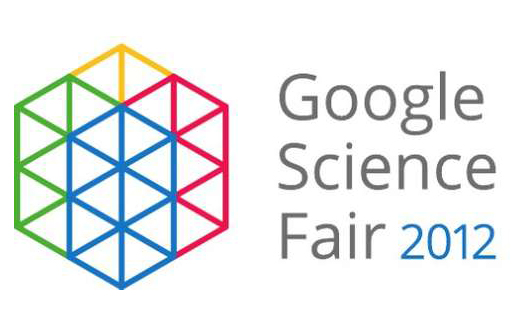Google Science Fair 2012 Opens to Arab Students

 Science students looking to answer burning questions about the nature of existence now have Google’s help. On January 12th, Google launched the Google Science Fair 2012, asking students from around the globe to pose a question, develop a hypothesis and conduct science experiments to test it, alone or in teams of up to three people.
Science students looking to answer burning questions about the nature of existence now have Google’s help. On January 12th, Google launched the Google Science Fair 2012, asking students from around the globe to pose a question, develop a hypothesis and conduct science experiments to test it, alone or in teams of up to three people. In its second edition, Google Science Fair, in partnership with CERN, The LEGO Group, National Geographic and Scientific American, strives to discover curious minds from all over the world by encouraging any young student between the ages of 13 and 18 to submit interesting, creative projects before April 1st, 2012.
“Google itself was founded through experimentation and with the Google Science Fair, we hope to inspire scientific exploration among the next generation of scientists”, as Cristin Frodella, from the Google Education Team wrote on the Google official Blog.
When it comes to the Middle East and North Africa, MENA Product Marketing Manager Najeeb Jarrar says that the kinds of ideas Google might expect to see include those that are locally relevant. “A lot of ideas will focus on issues that the MENA is facing, like studies of how we can use water more efficiently, in countries like Jordan or the Gulf, or how can we leverage alternative energy, especially in countries like Saudi Arabia. Ideas around farms, crops, and biology might come from countries that have more agriculture, like Egypt or Morocco.”
That’s just a quick estimation, he says, but ideas won’t be limited to those categories. “Especially since this competition targets students, we’ll see ideas that are not necessarily related to MENA but operate on a global scale.”
That’s just a quick estimation, he says, but ideas won’t be limited to those categories. “Especially since this competition targets students, we’ll see ideas that are not necessarily related to MENA but operate on a global scale.”
From these 90, to be announced in May, judges will select the top 15 finalists, who will be flown to Google headquarters in Mountain View, California for the live Google Science Fair final event on July 23, 2012. At the finals, a panel of international judges (like Vint Cerf, Sylvia Earle and Nobel Laureates David Gross and Ada Yonath) will select top winners in each age category.
Among the prizes offered are a $50,000 college scholarship from Google, a 10-day trip to the Galapagos Islands with a National Geographic Explorer, and an internship at Google or any one of our partners. The Scientific American Science in Action award winner (a new category introduced for this year’s competition) will earn $50,000 and year-long mentorship to make their project goal a reality.
Jarrar hopes to see students from the Middle East and North Africa at the top. “Students here in the region need to realize that they can compete on an international level,” he says. “We in the region often underestimate ourselves and our students, but we often have students that make it big.” (Stay tuned for an announcement soon that will reveal more wins from Google by students from the Middle East.)
Interested students can read about the registration and submission process on the Science Fair site, explore Top tips to ensure a successful project submission, which include using Google tools like Sites, and check out the Essential dos and dont’s and Student checklist). Parental consent is required.


